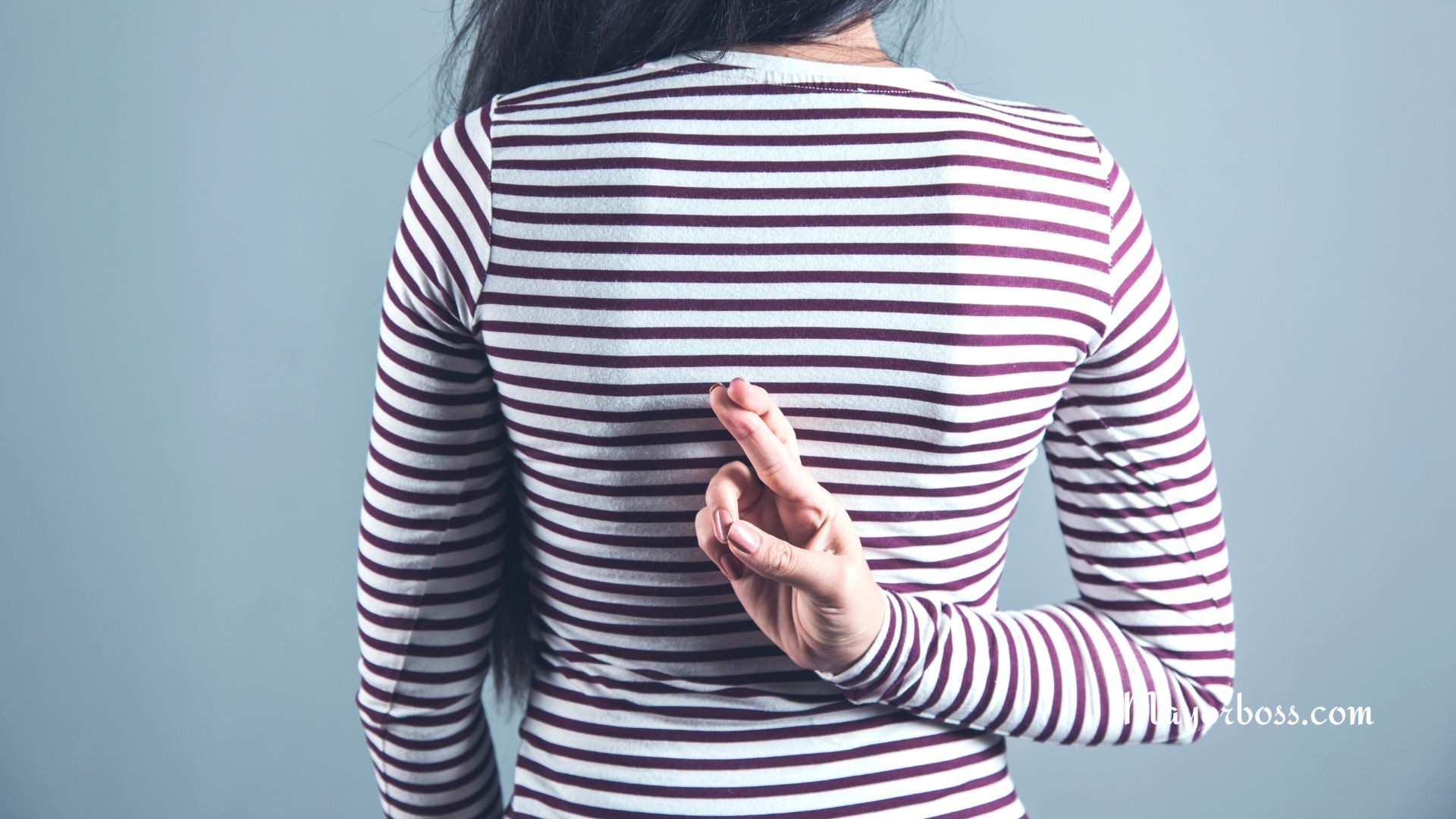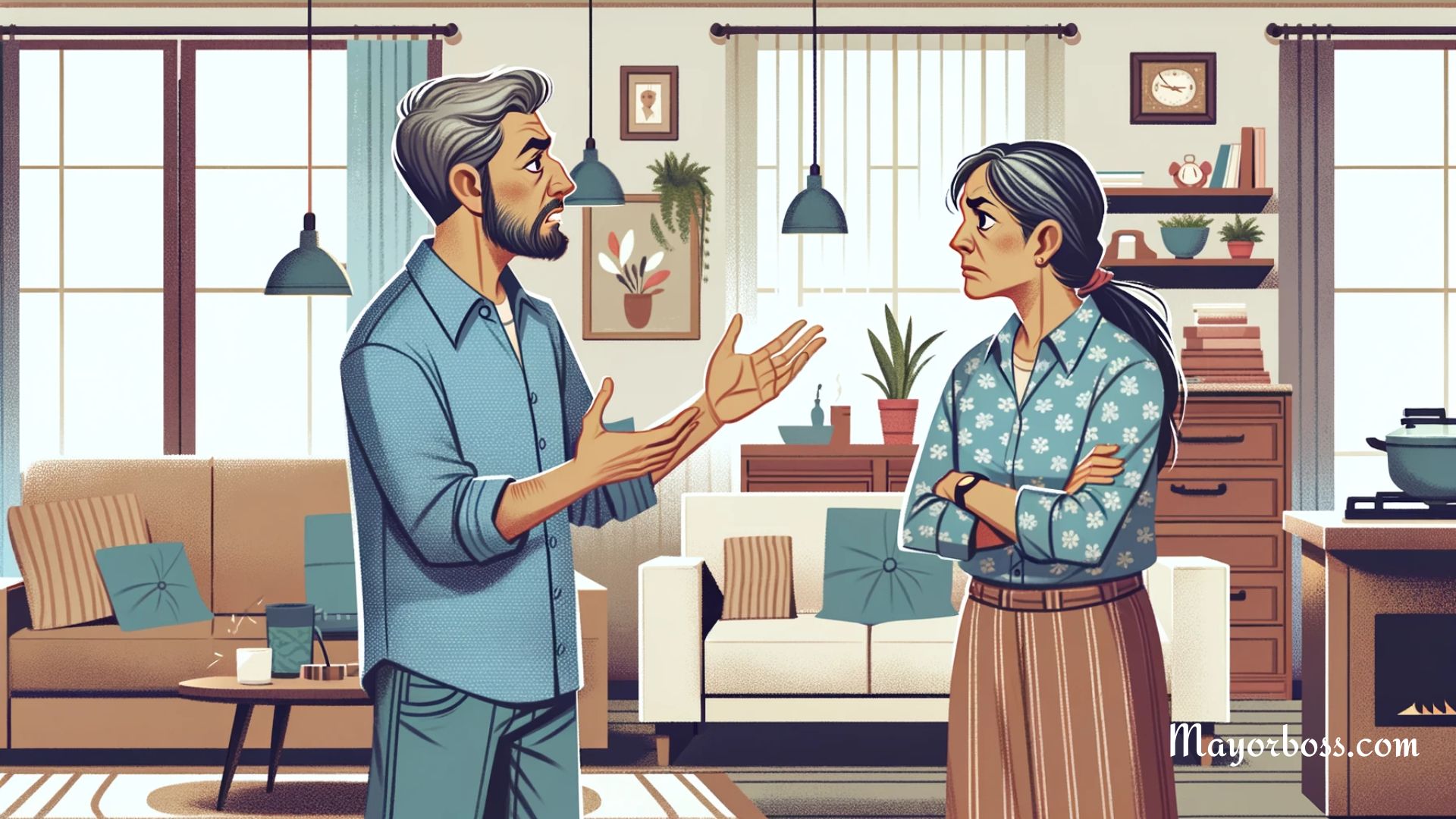What Happens In Your Heart When You Fall In Love?
Have you ever wondered what happens in your heart when you fall in love? It’s a question as old as time itself, and yet, each experience feels unique and new. Let’s dive into this fascinating journey.
The Initial Spark
Initially, falling in love triggers a rush of chemicals in your brain, including dopamine, oxytocin, and adrenaline. These chemicals create feelings of euphoria, attachment, and excitement. But what about your heart? You might feel it beating faster, a sensation often attributed to adrenaline.
Adrenaline: The Heart’s Accelerator
Adrenaline plays a key role here. When you fall in love, your adrenal glands release this hormone, leading to the activation of your fight-or-flight response. Consequently, your heart rate increases, pumping more blood to vital organs. This response is why you feel your heart racing when you’re around someone you’re deeply attracted to.
Oxytocin: The Bonding Hormone
Oxytocin, often called the ‘love hormone,’ influences emotional bonding and increases during intimate moments. It’s released in high amounts during physical touch, like hugging or kissing. This hormone can also lower your heart rate and blood pressure, promoting feelings of calmness and connection.

Long-Term Effects on the Heart
In a long-term, loving relationship, these hormonal effects can lead to more stable heart rates and lower blood pressure. Studies have shown that people in loving relationships often have better heart health and lower risks of heart disease. This is partly because love can provide emotional support, reducing stress and its negative impact on the heart.
The Emotional Rollercoaster
However, love isn’t always just a blissful ride. The emotional aspects of love can also cause stress, anxiety, and heartache, especially in the early stages or during challenging times. These emotions can affect your heart, sometimes leading to palpitations or a feeling of heartache.
The Heart’s Resilience
Interestingly, your heart is incredibly resilient. It adapts to these emotional highs and lows. Over time, as love matures, the intense reactions of the heart tend to stabilize, reflecting a deeper, more secure attachment.
Love’s Healing Power
Moreover, love can also be healing. Emotional support and physical closeness with a loved one can aid in recovery from various ailments, including heart-related issues. The emotional connection and physical closeness with a loved one provide comfort and can be powerful in healing.
Final Thoughts
So, when you fall in love, your heart does more than just beat faster; it embarks on a remarkable journey influenced by hormones, emotions, and long-term attachments. This journey can improve your overall heart health and well-being. Isn’t it fascinating how this complex organ not only keeps us alive but also plays a pivotal role in our emotional lives?
Have you ever noticed these changes in your heart when you’re in love? It’s quite a marvel how our bodies respond to such a profound emotion, isn’t it?






